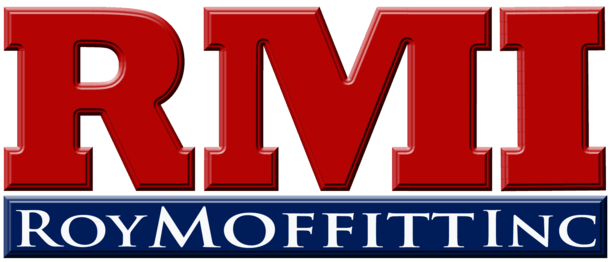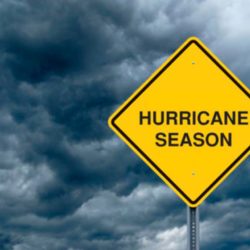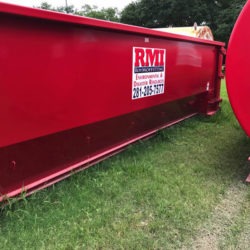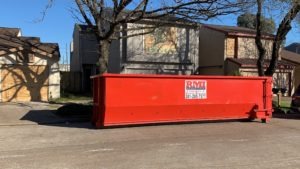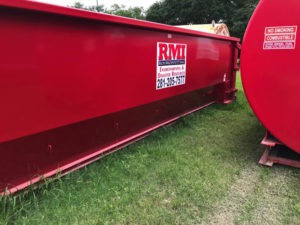What To Do If Your Business Floods
10 Steps to Take Immediately After Your Business is Damaged by a Flood
What should you do right away if your business floods? Dealing with damage to your business after a flood can be stressful. In this article, we want to help you through the process of cleaning up and getting started on the way to recovering. If you take the right steps, you’ll save yourself time, money, and the headache involved. You’ll also keep you and your people safe.
Here are ten steps you should take immediately after your business is damaged by a flood.
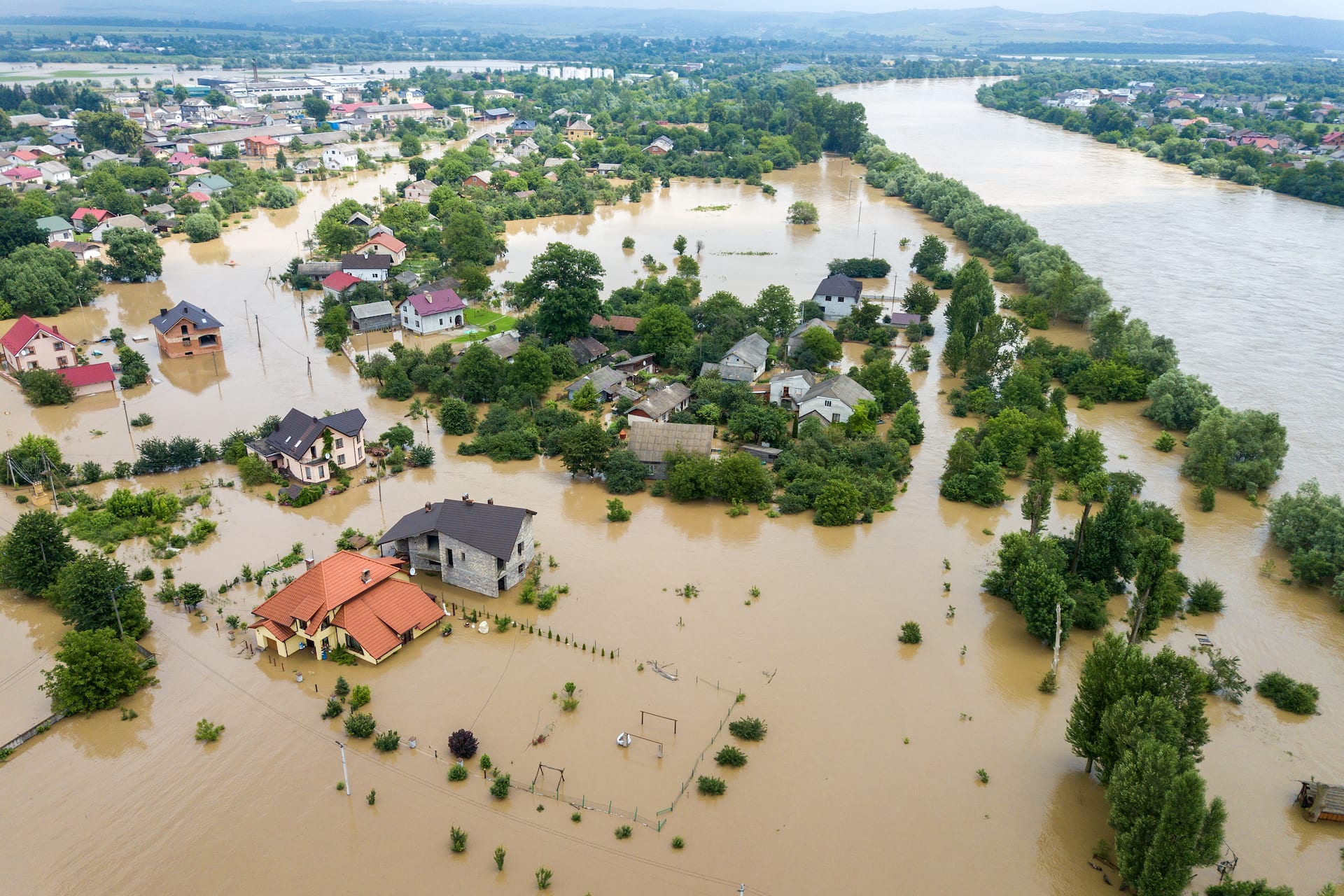
1. Shut Off Gas and Electricity
Immediately after the flood waters subside, shut off the gas and electricity to your property. If you are not sure how to do it, contact your service provider for assistance. If the water has risen above the lowest electrical outlets in your business it can be a dangerous hazard for anyone entering the building. If you are able to anticipate a potential flood, turn off the gas and electricity before the storm rolls in. This will help prevent unnecessary damage or injury in the event your business floods.
2. Remove Undamaged Belongings
Once the gas and electricity have been turned off, go through your business and find any items that have not been damaged by the flood. Remove these items from the building and store them in a safe, dry place. If there are any items that have been exposed to water but are salvageable, remove them as well and dry them as quickly as possible. Do not remove damaged items until your insurance adjuster has had a chance to survey everything.
3. Contact Your Flood Insurance Provider
Contact your flood insurance provider as soon as the flood waters have subsided to make a claim. They will send an insurance adjuster to assess the damage and determine the replacement value of the structure and items in your business. It is imperative that you do not remove any damaged items or alter the structure in any way until the adjuster has had a chance to survey everything. If your business floods, the most important thing is the ability to recover afterward. Your flood insurance could save your business from financial disaster.
4. Secure Your Business Premises
Make sure your business is protected during this time from theft or further damage. If your business floods, it may leave your property susceptible to intruders or thieves while nobody from the business is on the premises. Lock all doors and windows and, if necessary, bar doors and windows with plywood or other protective measures.
5. Document All Damaged Items
If your business floods, make sure you photograph and document all damages to your property. This includes any damaged items and any part of the structure of your building. Also, be sure to take photos and document standing water levels. Send all of your photos and documentation to your insurance company and keep track of dates and times of all documentation and correspondence. This will assist the insurance company in processing your claim faster and assessing the damage properly so you get the coverage you deserve. Use Excel or another spreadsheet software to track which items are damaged and their status.
6. Gather Your Business Records
Gather together all of your business records so you can prove the value of damaged items and equipment. Loss of income can be covered by insurance so also procure all of your income statements, tax returns, business contracts, and any other financial records that can be affected if your business floods. If for any reason there is a dispute with your insurance company about the value lost from the food, these financial documents could come in handy.
7. Extract Excess Water
If there is standing water in and on your property, call a water extraction service to remove the water. Water extraction can be a tricky matter, and a professional water extraction service can remove the water safely and quickly, preventing further damage. They can also assist with cleanup, including hazmat requirements, since water often presents the threat of mold and other unsanitary conditions. A water extraction service will save you time, money, and additional loss if you contact them right away.
8. Rent a Roll-Off Container
If your business floods, it often results in extensive damage to the structure and to your equipment or inventory. Cleaning up after a flood is not as simple as filling up a trash can and waiting for the garbage service to come and get it. Often, it requires a much larger scale of garbage disposal. A roll-off container will help you remove all damaged items and throw them away in one location during cleanup. Once finished, you can haul away the container to be dumped.
9. Start Cleaning Up
Once you have a roll-off container in place, you can begin the cleanup process. Unsanitary items can float in water and sitting water in general presents a hazard. Wear gloves and protective equipment and be prepared to throw away the clothes you are wearing during the cleanup. After your insurance company has given you the go-ahead, throw away damaged items (into the roll-off container). Use a shovel to remove mud and debris. Open doors and windows to allow air to circulate and assist the drying process. The best course of action is to hire a professional cleanup company to properly clean and sanitize your property after your business floods.
10. Notify Your Customers
As soon as possible after your business floods, notify your customers to let them know. Explain your situation and keep them informed. This will help you in the long run by maintaining customer commitments and being open and honest. Use email and social media, and if necessary call them to explain your situation.
Has your business been damaged by a flood? At RMI Emergency Services, we help businesses recover quickly after a flood. We have professional water extraction and cleanup services and provide roll-off containers to assist with large cleanup jobs. Don’t let your business suffer more than it has. Call us today to get the help you need.
